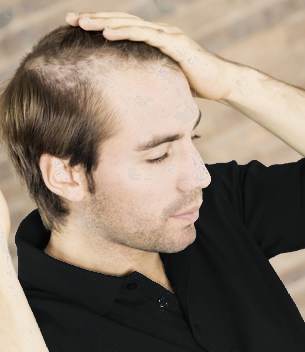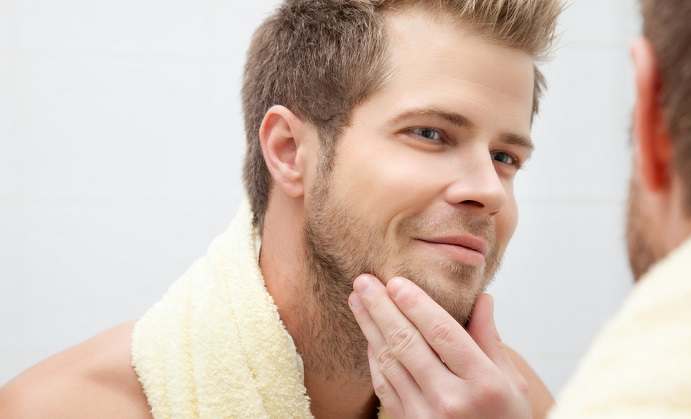Introduction
Our affection for healthy, thick hair is deeply ingrained culturally and is also a product of evolutionary psychology. One visual way for a human to determine that a partner is a healthy prospect for reproduction is a head of healthy hair. In this light, our obsession with remedies for hair loss seems to make sense. An individual wants to increase his or her desirability and presumably sexual prowess, and part of achieving this goal is paying attention to – and preventing – hair loss.
Gender identity, sexuality, and testosterone
The male hormone testosterone is responsible for hair loss, which is why hair loss occurs earlier and more often in men than in women. Of course, testosterone carries other, more beneficial characteristics, ones that most men might feel inclined to keep: increased upper body strength, wider shoulders, increased virility, aggression, and more.
 These are all key elements in what society thinks of as male gender identity. The perception bleeds into thoughts on sexuality, as well; indeed, science backs up this perception to some degree. The amount of testosterone present in your body at birth can be seen in a comparative study of the ring and pointer finger, and in both women and men, that comparison can offer a pretty accurate glimpse into her or his sexuality.
These are all key elements in what society thinks of as male gender identity. The perception bleeds into thoughts on sexuality, as well; indeed, science backs up this perception to some degree. The amount of testosterone present in your body at birth can be seen in a comparative study of the ring and pointer finger, and in both women and men, that comparison can offer a pretty accurate glimpse into her or his sexuality.
Men seeking cures for hair loss are not likely to be thinking about either their gender or their sexual preferences – except, possibly, a focus on making themselves more attractive to potential sexual partners. But using products to combat hair loss might come with an unexpected, self-sabotaging price.
An unwelcome change
Some users of a very prominent and well marketed hair loss product during the 1990s and 2000s were in for quite a surprise. This particular hair loss product was one of many that works by blocking testosterone. Keep in mind, when human beings are conceived, we are all, physiologically speaking, female, until the sex organs develop. It’s the reason both women and men have nipples; nipples form prior to sex development.
 The surprise the aforementioned individuals experienced was in some way reminiscent of this human process of development: take away the testosterone altogether, and the human body reverts to being what it was before having an assigned biological sex: female. Men had breasts develop, their physical features soften, and at least one documented case pursued actual gender reassignment because of the treatment. The individual felt like normalcy could not be achieved otherwise. The man in question had been in a heterosexual marriage, happily, for over a decade, with an avowed active sex life and a son. He had never experienced gender confusion prior to taking the prescribed hair loss drug. Even getting off the drug didn’t help; the man still felt like a woman long after the drug was gone. Its aftereffects, however, were permanent.
The surprise the aforementioned individuals experienced was in some way reminiscent of this human process of development: take away the testosterone altogether, and the human body reverts to being what it was before having an assigned biological sex: female. Men had breasts develop, their physical features soften, and at least one documented case pursued actual gender reassignment because of the treatment. The individual felt like normalcy could not be achieved otherwise. The man in question had been in a heterosexual marriage, happily, for over a decade, with an avowed active sex life and a son. He had never experienced gender confusion prior to taking the prescribed hair loss drug. Even getting off the drug didn’t help; the man still felt like a woman long after the drug was gone. Its aftereffects, however, were permanent.
Conclusion
This is only one case in many. While the drug’s manufacturer disputes any causality between sexuality, gender identity, and this particular drug, new studies are emerging that demonstrate this scenario is much more common than anyone thought possible. The study’s latest findings demonstrate that a whopping 96% of men who take this testosterone-blocking hair loss drug experience sexual problems for over an entire year after drug use concludes.
Do you want to find an effective Probiotic treatment? Check out our top rated Probiotic products











